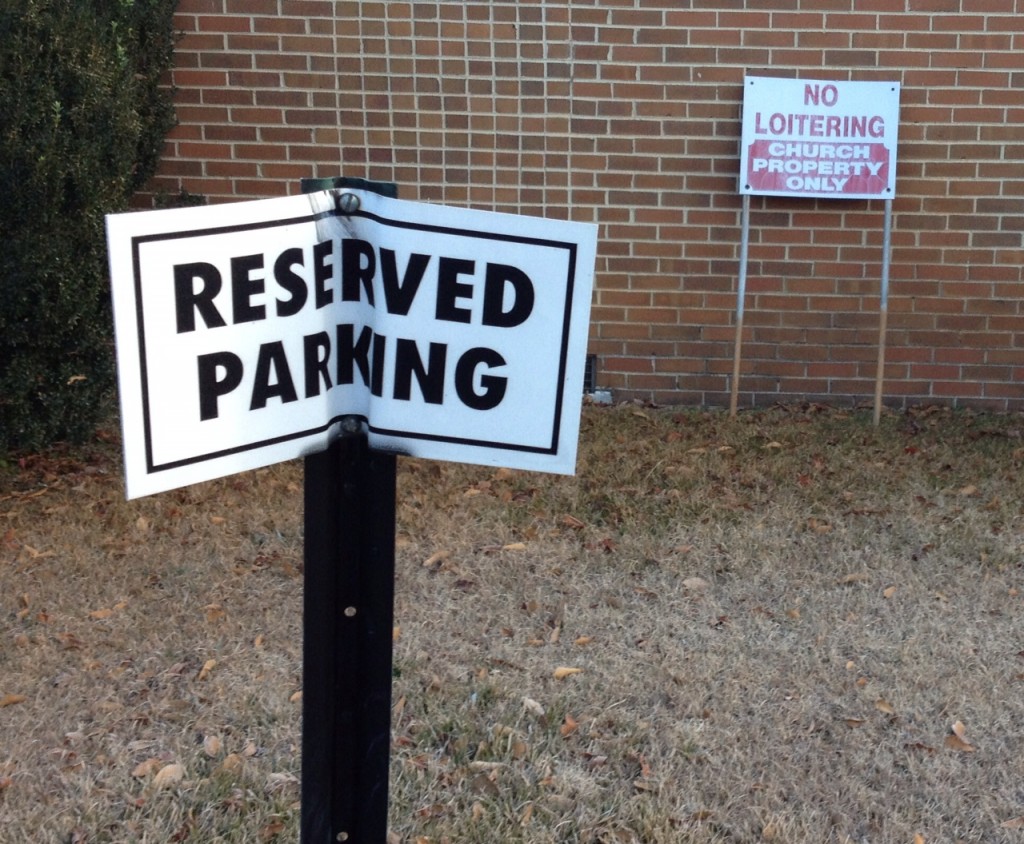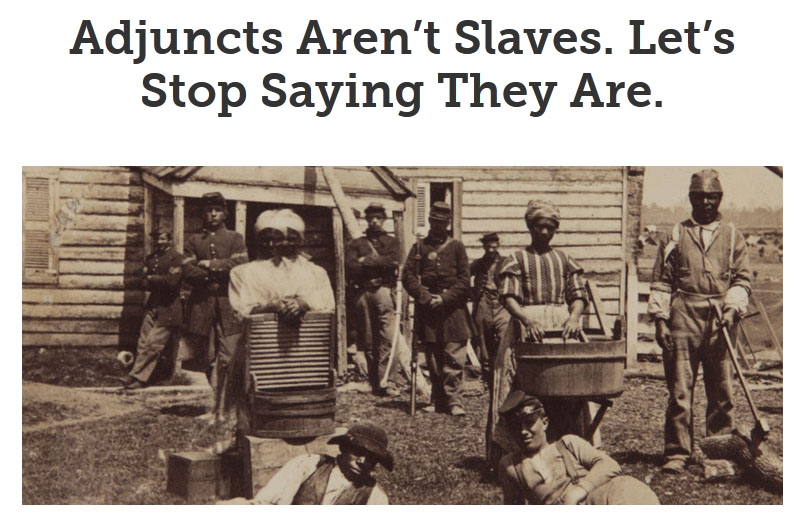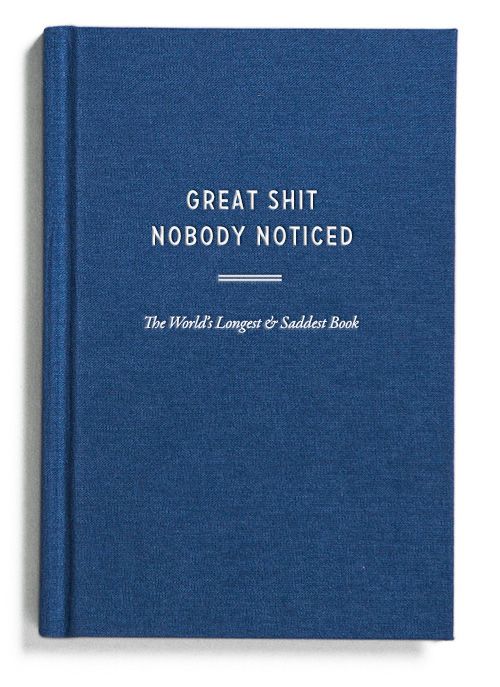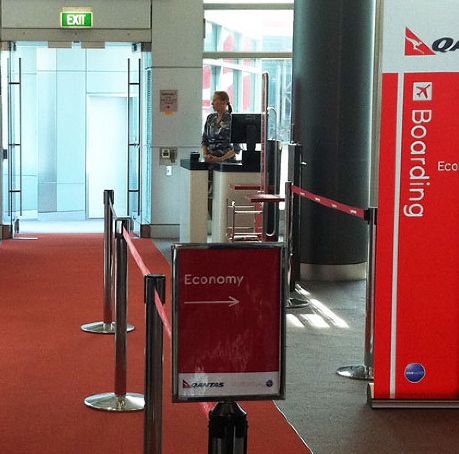 Two days ago, and then again yesterday, I wrote a couple of related posts on the way that, despite how cutting edge they may seem, many approaches to identity presuppose that classification systems merely manage pre-existing material. Given that I understand it rather differently — seeing, instead, contingent but authorized grids as the way that we create that sense of place and time that we call identity (also known as significance or relationships of similarity and difference) — most approaches strike me as conservative and problematic inasmuch as they fail to historicize the identity they purport to study, i.e., they fail to examine contingent identification practices (also known as those very same systems and grids that we create, authorize, contest, and otherwise just manage) and, in so doing, they merely naturalize their products, as if we all just know where we are on the globe without that fairly recent invention that we call longitude and latitude. Continue reading “Do This, Don’t Do That”
Two days ago, and then again yesterday, I wrote a couple of related posts on the way that, despite how cutting edge they may seem, many approaches to identity presuppose that classification systems merely manage pre-existing material. Given that I understand it rather differently — seeing, instead, contingent but authorized grids as the way that we create that sense of place and time that we call identity (also known as significance or relationships of similarity and difference) — most approaches strike me as conservative and problematic inasmuch as they fail to historicize the identity they purport to study, i.e., they fail to examine contingent identification practices (also known as those very same systems and grids that we create, authorize, contest, and otherwise just manage) and, in so doing, they merely naturalize their products, as if we all just know where we are on the globe without that fairly recent invention that we call longitude and latitude. Continue reading “Do This, Don’t Do That”
Metaphoric Limits
 I remember, some years ago, the rise of the term “feminazi” in popular discourse — a term associated with those on the US’s political far right, such as radio host Rush Limbaugh — which named (i.e., critiqued) what it portrayed as the unreasonable and doctrinaire nature of so-called radical feminism. Continue reading “Metaphoric Limits”
I remember, some years ago, the rise of the term “feminazi” in popular discourse — a term associated with those on the US’s political far right, such as radio host Rush Limbaugh — which named (i.e., critiqued) what it portrayed as the unreasonable and doctrinaire nature of so-called radical feminism. Continue reading “Metaphoric Limits”
Stuffing
 It’s merely unlimited, undifferentiated stuff without an observer with an argument.
It’s merely unlimited, undifferentiated stuff without an observer with an argument.
To the Left, To the Left
 Every time I fly I get a kick out of seeing the lengths to which the airlines go to create the impression among passengers that their (sometimes significantly) higher fees have consequence that matters (other than generating more profit for the airline, of course). Example: no longer do just the first class passengers board early but so do a host of variously privileged, hierarchically-arranged sub-categories that previously never existed, each getting their little perk in exchange for their higher fees, customer loyalty, or using the airline’s own credit card to book the flight: Platinum Club Members step up after those in First Class, then (in a ranking system Plato would be envious of) Gold Card Members and Silver Star Frequent Flyers have their turn. In fact, I await the day when the airlines not only dice up their customers to such an extent that repeat flyers are also awarded with Bronze, Copper, and maybe even Tin and Oxidized Iron identities but when they start mining the vocabulary of precious gemstones for yet more identifiers of dwindling status — maybe Emerald, Amethyst, or Cubic Zirconia club members, perhaps? Continue reading “To the Left, To the Left”
Every time I fly I get a kick out of seeing the lengths to which the airlines go to create the impression among passengers that their (sometimes significantly) higher fees have consequence that matters (other than generating more profit for the airline, of course). Example: no longer do just the first class passengers board early but so do a host of variously privileged, hierarchically-arranged sub-categories that previously never existed, each getting their little perk in exchange for their higher fees, customer loyalty, or using the airline’s own credit card to book the flight: Platinum Club Members step up after those in First Class, then (in a ranking system Plato would be envious of) Gold Card Members and Silver Star Frequent Flyers have their turn. In fact, I await the day when the airlines not only dice up their customers to such an extent that repeat flyers are also awarded with Bronze, Copper, and maybe even Tin and Oxidized Iron identities but when they start mining the vocabulary of precious gemstones for yet more identifiers of dwindling status — maybe Emerald, Amethyst, or Cubic Zirconia club members, perhaps? Continue reading “To the Left, To the Left”
“The Same…, But Different”
 In 2008 I took a small group of undergraduate students from our Department at the University of Alabama to Thessaloniki, Greece (that’s us above, with a famous philosopher, who has a shiny toe, likely from tourists rubbing it), where I had been for a conference a couple years before, and at which I first met my Culture on the Edge colleague, Vaia Touna. I’ve returned several times since that first trip, sometimes with other students and sometimes to help further my own school’s initiative to establish a long term relationship with Aristotle University — a school whose namesake was from a village about an hour’s drive east of the city. Continue reading ““The Same…, But Different””
In 2008 I took a small group of undergraduate students from our Department at the University of Alabama to Thessaloniki, Greece (that’s us above, with a famous philosopher, who has a shiny toe, likely from tourists rubbing it), where I had been for a conference a couple years before, and at which I first met my Culture on the Edge colleague, Vaia Touna. I’ve returned several times since that first trip, sometimes with other students and sometimes to help further my own school’s initiative to establish a long term relationship with Aristotle University — a school whose namesake was from a village about an hour’s drive east of the city. Continue reading ““The Same…, But Different””
In Other Words…
A little while back, Russell McCutcheon prompted Monica Miller and me to think about the notion of code switching. People use the phrase to refer to everyday modes of discourse that come to be seen or understood as exceptional—specifically the phenomenon of talking or acting in particular ways depending on the group or context that surrounds someone. He gave us a clip from My Fair Lady as an example. The story is all about Eliza Doolittle’s (successful, by the accounts of those around her) attempt to become a “lady” rather than—to quote Prof. Higgins’s early assessment—someone “so deliciously low.” In order to trade her harsh cockney accent for that of a person in high British society, she goes through endless lessons attempting to change her speech, manner of dress, and behavior. For example, who can forget the famous “rain in Spain” breakthrough? It’s practically on par cinematically with Patty Duke’s spelling out w-a-t-e-r into miracle worker Anne Bancroft’s hand: Continue reading “In Other Words…”
